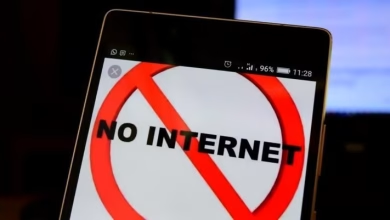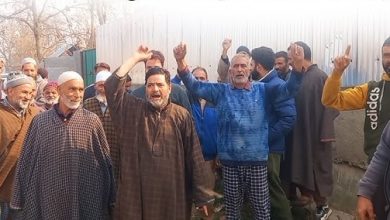Modi govt’s sweeping changes in IIOJK: Reinforcing Hindutva agenda & disempowering Kashmiris

Srinagar: In the lead-up to the announcement of a three-phase poll schedule for Indian illegally occupied Jammu and Kashmir, the Modi-led government has implemented a series of significant changes in the territory’s administrative and legal framework aimed at serving its Hindutva agenda, consolidating control, and disempowering the local assembly.
According to Kashmir Media Service, hours before the election schedule was unveiled on Friday, the IIOJ&K administration issued key orders including high-profile transfers within the police and civil services, including appointing a new intelligence chief of police. These changes, seen by many as strategically timed, align with a broader pattern of administrative shifts in the power structure as well as critical decisions on matters of far-reaching consequences, occurring in the occupied territory over recent months.
A pivotal move came in July when the Indian Home Ministry amended the Jammu and Kashmir Conduct of Business rules. The amendments significantly increased the powers of the Lt Governor, who now has expanded authority over the appointments and transfers of senior civil and police officers. Previously within the domain of the elected chief minister, these decisions now require gubernatorial approval. The changes also grant the Lt Governor the authority to appoint the Advocate General and law officers and influence decisions on prosecutions and sanctions.
This shift has been met with strong opposition from major political parties in IIOJK. The National Conference and Peoples Democratic Party have condemned the changes as an attempt to disempower the people of the occupied territory, while the Congress has labeled it as the murder of democracy.
In addition to the administrative changes, recent decisions by the Administrative Council, headed by Lt Governor Manoj Sinha, have stirred controversy. On July 31, the Council granted proprietary land rights to refugees from West Pakistan. The latest order provides these refugees with rights to evacuee property, historically owned by those who migrated to Pakistan or AJK during Partition. Earlier in the year, on June 8, the Council approved the transfer of over 2,500 kanals of land for developing industrial estates, raising concerns about potential demographic changes and further erosion of IIOJK’s unique status. Additionally, a January agreement with Rajasthan Urja Vikas and IT Services Ltd for electricity from the Ratle power project has faced criticism due to the region’s own power shortages.
These developments underscore a broader narrative of diminishing IIOJK’s autonomy and increasing New Delhi’s control, reflecting the Modi government’s agenda in occupied Jammu and Kashmir and drawing significant concern from local political leaders and residents.








